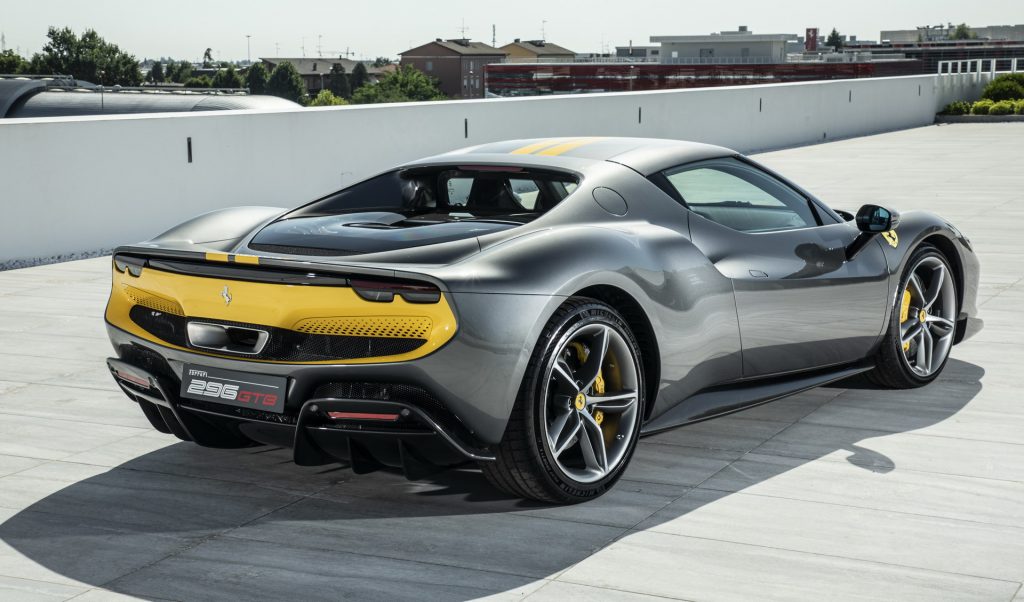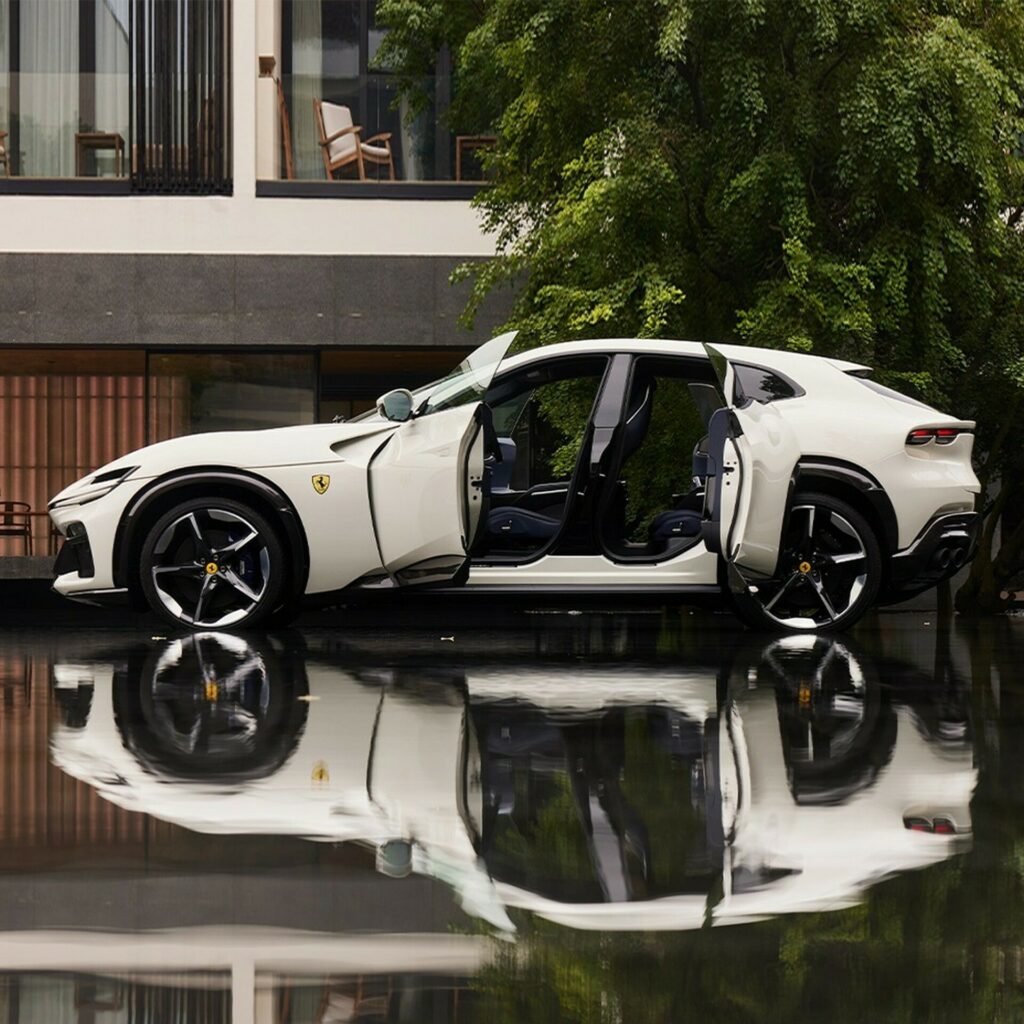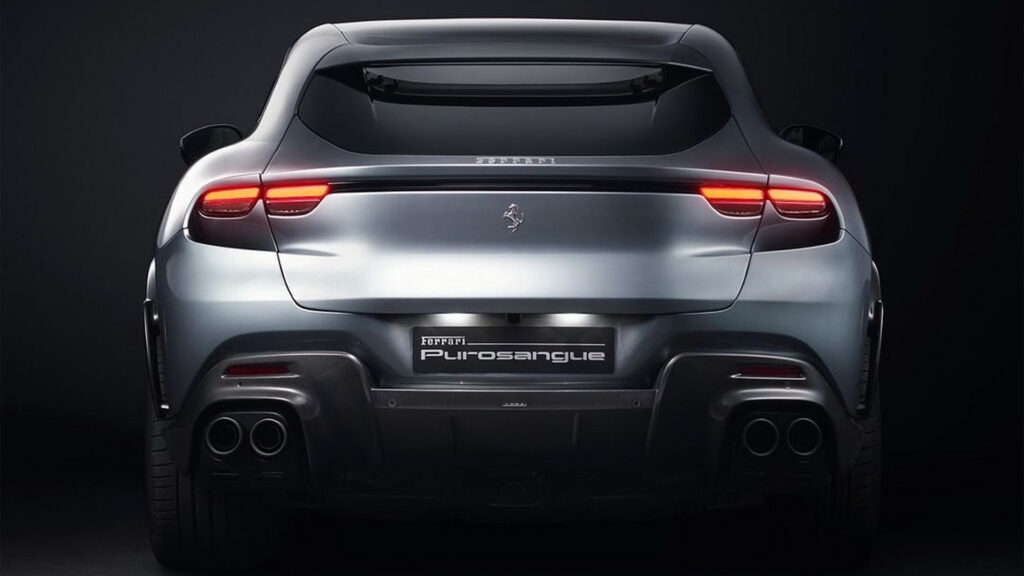Wealthy car buyers are continuing to show strong interest in new Ferrari models, with the luxury automaker reporting a robust demand that stretches well into next year.
During a recent shareholder meeting, Ferrari Chairman John Elkann noted that the Italian brand has a “record number of orders well into 2024” thanks in part to strong demand for the new 296 GTB and the Purosangue, Reuters reports.
Industry observers won’t be surprised to hear that Ferrari has a significant number of orders. Last year, the Italian automaker acknowledged that it could receive more orders for the Purosangue than the number of units it intends to produce. The company has committed to ensuring that the Purosangue makes up no more than 20% of its annual production, with just 3,000 units of the SUV expected to be built each year.
Read: Ferrari Risks Having More Orders Than Build Slots In Purosangue’s Total Lifetime

Ferrari’s chief commercial and marketing officer, Enrico Galliera, added that demand for the Purosangue “exploded” when the automaker confirmed it would launch with a naturally-aspirated 6.5-liter V12.
During the shareholder event, Elkann reiterated Ferrari’s plans to launch 15 new models between 2023 and 2026. Included among these will be its very first all-electric production car, set to launch in 2025.
However, Ferrari CEO Benedetto Vigna also expressed his support for the European Union’s proposal to continue allowing the production of combustion-powered vehicles beyond 2035, as long as they are powered by synthetic fuels. He noted that “ICE still have a lot to give, and thanks to their higher energy efficiency and e-fuels, together with partners, we will develop solutions that will contribute meaningfully to decreased CO2 emissions.”
Despite Vigna’s comments, Ferrari has plans to achieve carbon neutrality by 2030. The automaker has made significant strides toward this goal in 2022, including the construction of a new Fuel Cell plant and photovoltaic system in Maranello, as well as the adoption of new filters in its foundry and the recovery of heat dispersion in its engine testing process. Ferrari reports that these initiatives have led to a reduction of approximately 5% of energy consumption per car.




